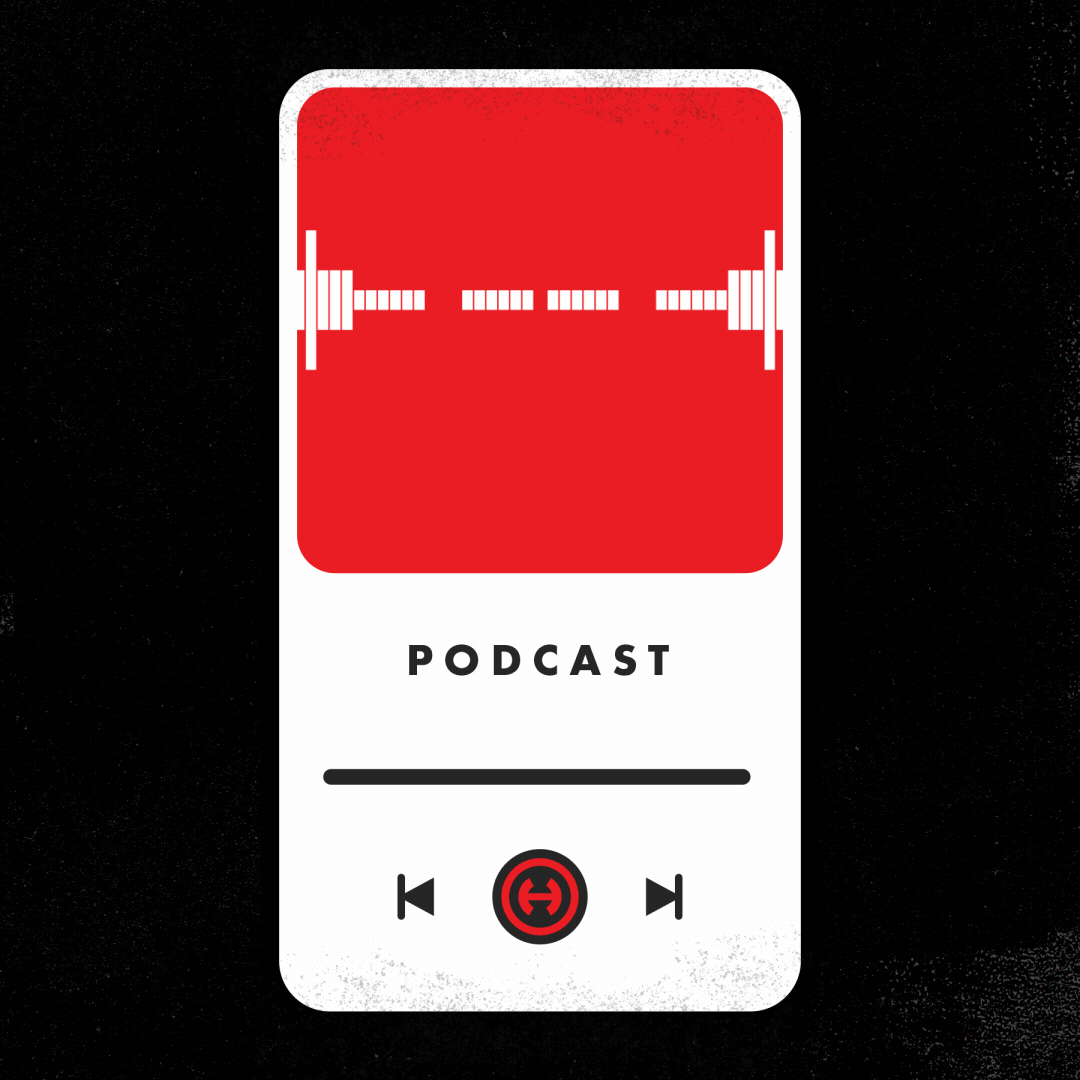Podcasts are next-generation radio – a reinvention of a familiar audio-only format focused on conversations and stories. The idea of podcasting is simple: The author makes a digital sound recording that’s distributed via the internet for download by anyone, anywhere, on a variety of devices.
As of 2019 in the United States, 70 percent of Americans have heard of podcasts and 51 percent have actually listened to a podcast, totaling 144 million people. Just last year, the percentage of Americans that had listened to a podcast was at 44 percent, a 7 percent increase in just one year, and in 2009, that number was at 22 percent. It’s hard to determine when someone has fully adopted the medium into their daily life, but we know 32 percent of Americans (approximately 90 million) listen to podcasts monthly. The audience skews young, with nearly the same percent of podcast listeners falling between the ages of 18- 24 (30 percent) as ages 25-54 (32 percent).
Despite the growing popularity, the medium has barriers like high CPMs due to limited inventory per podcast, less flexibility on ad placement and measurement challenges such as limited tracking and estimated listening impression metrics. So we ask – is podcasting really worth the investment from an advertising standpoint?
The short answer: yes.
Here are four reasons why podcasts can give your brand a leg up on competitors:
1. Listeners are engaged
When you pay for ads in a podcast, you’re getting a deeper level of attention from the listener. Podcast listeners subscribe, on average, to six different shows, and weekly podcast listeners spend an average of six hours per week listening to podcasts, with 93 percent of listeners finishing or almost finishing the entirety of each episode they begin. A 2018 Nielsen study measured how likely podcast listeners were to recall a brand or product, reporting that podcasts generated a 4.4x better brand recall than display ads and an average 10 percent lift in purchase intent.
2. Credibility gets built
Podcast listeners often develop a bond to their favorite show or host, and there’s a certain amount of trust and authority associated with the host that makes brand mentions feel more like a recommendation from a friend than a paid advertisement. That association translates into ROI for brands. A 2019 study from Edison Research suggests that podcasts drive purchase intent, with 54 percent of podcast listeners reporting they are more likely to consider buying a product advertised on a podcast, and 17 percent saying that hearing about a product makes them more likely to consider purchasing it.
3. Niche audience reach
Nowhere else can advertisers more efficiently reach woodworkers than with an ad on “Wood Talk” or aspiring home chefs with an ad on the “Bon Appétit Foodcast.” The podcast space also reaches a more affluent audience, with 45 percent of monthly podcast listeners having a household income of more than $75k and 53% holding a four-year college or advanced degree. The vehicles to reach these niche, valuable targets are seemingly endless through podcasts, with currently more than 500,000 from which to choose.
4. There’s an opportunity for any size brand
Television and radio might not be in the budget, but podcasts offer an alternative, authentic touchpoint to an awareness strategy at a variety of price points. Since podcasts are billed based on a CPM, cost of sponsorship depends on audience size and ad format, and CPMs can range between $10 to $50. So even if “Last Podcast On The Left,” with an average weekly listener volume of 2.5 million, isn’t budget friendly, there are always smaller podcasts that would be happy to partner with you.
While it may be a long while before Grandma is walking around with her AirPods listening to “My Favorite Murder,” podcasting continues to prove itself as a legitimate paid media platform, whether that’s through return on investment or listener engagement.
If you think podcasting, or any sort of paid media, is right for your brand, we want to help. Simply reach out to Ted at tjun@hiebing.com to get the conversation started.
